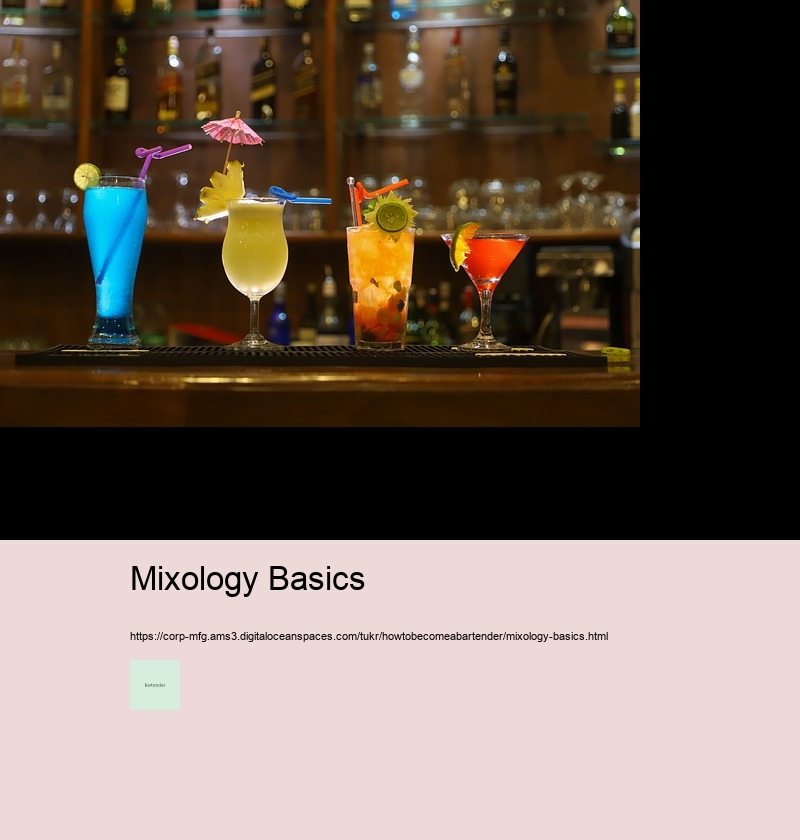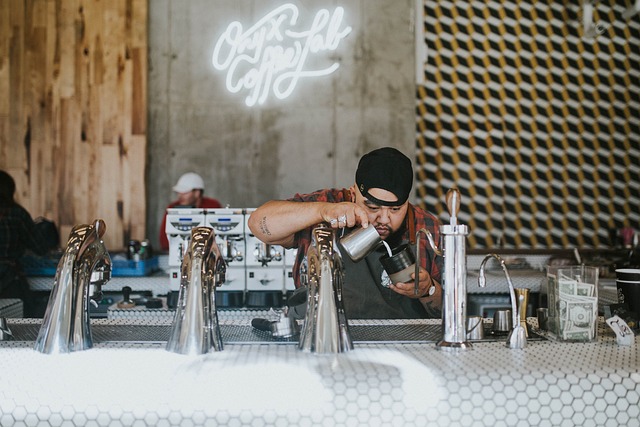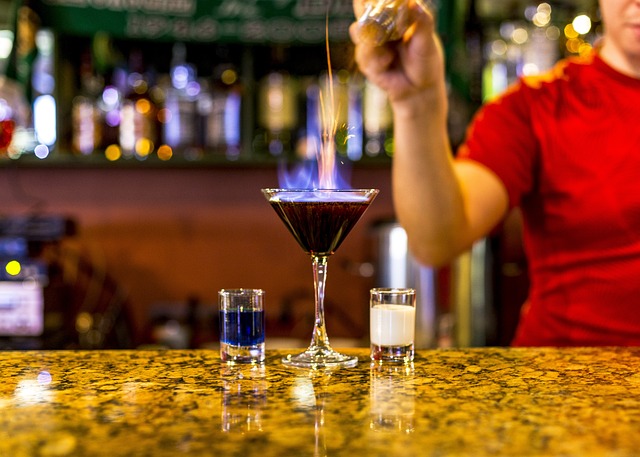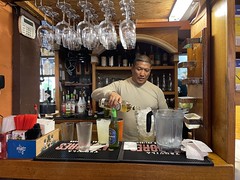Mixology Basics
Definition of Qualifications
Introdutin' to mixology (Yes, mixology!) is a great way to learn the basics of bartendin'. Increase your alcohol knowledge by studying different types of beers wines, and spirits Alcohol Laws cocktails. Look at your state's requirements for certification to legally serve alcohol how to become a bartender customer service. No matter your experience level, you can learn something new! From free-pourin' measures to advanced cocktail techniques, there's somethin' for everyone. (Let's get started!)
First off, preparin' drinks is key. Sign up for bartending classes to learn drink recipes mixing techniques, and bar terminology Alcohol Laws liquor. Learn about the responsibilities of a bartender and see if the career appeals to you how to become a bartender interview. Knowing how best to measure ingredients and combine 'em correctly will help ensure every drink comes out perfect. Additionally, knowin' about different types of glassware and garnishes can be helpful too. It's also important to understand the various tools used in mixology like strainers, shakers, and muddlers.
Furthermore, knowledge of spirits and liqueurs is essential for success in mixology! Understandin' the flavors and tastes of different alcohols helps create tasty cocktails that are sure to please any crowd. Also consider studyin' up on classic cocktail recipes so you can make them with confidence!
Finally, practice makes perfect when it comes to mixology! Experiment with different combinations till you find what works best for you. Don't forget - presentation is important too! Garnish drinks with style or perhaps try out some cool tricks like flaming drinks or pourin' from high heights for an unforgettable experience. Wowzers!
All in all, introducin' yourself to mixology can be lotsa fun - as long as you're workin' safely and responsibly at all times! With a bit of patience and practice, you'll soon be impressin' friends with delicious concoctions they won't forget anytime soon (or ever!).









